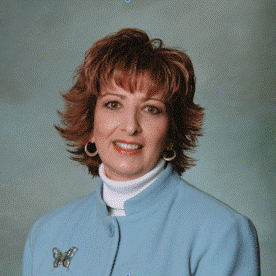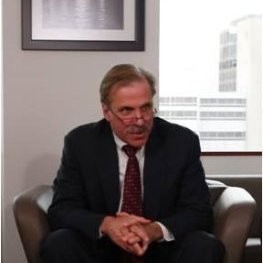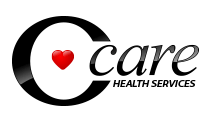Ways Senior Care Communities Can Improve Medication Management

Nancy Losben, chief quality officer, Omnicare
Medication management is a key element of senior care, but the senior care industry also faces some unique challenges when it comes to medication management and safety. In light of the staffing shortage and the additional workload on staff necessitated by the pandemic, managing medications is perhaps more challenging than ever. Fortunately, there are several strategies that senior care communities can implement to help.
The Unique Challenges of Medication Management for Seniors
Medication management is essential to senior health. Nancy Losben, chief quality officer at Omnicare, explains that inappropriate or incorrect medications or dosages can negatively impact residents’ health, possibly leading to a change in condition.
Glenn Lane, founder of Westchester Family Care in Mamaroneck, New York, notes that medication management can play a key role in helping to prevent readmissions in seniors who have recently come out of a hospital or rehabilitation facility.
But the senior care industry faces multiple challenges. Lane explains that some seniors have difficulty physical handling medication bottles, while others may have trouble cognitively differentiating one medication from another. “Clients have 10 different medications and are using 10 different bottles twice a day. With impaired dexterity and vision, that’s a problem,” says Lane.
He also notes that some seniors are resistant to medication changes. “Sometimes they feel that they already have a supply of medication, so why do they need a new prescription? The medication and dosage may have changed, but seniors might want to try to cut the pills they already have to get the right dose.” Seniors can also lose track of the times when they need to be taking medications.
Staffing challenges exacerbate these issues. According to Losben, widespread staff shortages and the impacts of the COVID-19 pandemic make it more difficult to dedicate increased time to medication management. According to the U.S. Bureau of Labor Statistics, approximately 420,000 employees have left nursing homes since February of 2020. Increasing administrative duties have also taken time away from patient care. “That often results in more opportunities for error and risk, especially when dealing with clinically complex patients and with complex medication regimes,” says Losben.
“With the current staff shortage in particular, employees may be required to multi-task, be pulled into other pressing situations, or have to turn their attention away to address an urgent resident complication that might have been preventable. These realistic scenarios can affect staff ability to properly assist, prepare, or administer medications. By no fault of their own, these common challenges can affect the community’s perception of care, reputation, and ability to grow.”
Strategies for Improving Medication Management
Losben recommends that any community looking to improve its medication management evaluate its current performance by reviewing several factors.
At the senior care community level, those factors include the time staff spends:
- Obtaining prescriptions
- Ordering medications
- Managing prior authorizations for non-covered medications
- Receiving, storing, and destroying medications
At the resident level, considerations include:
- Doctor visits due to adverse drug reactions, like falls or confusion
- Missed doses
- Residents mixing and confusing medications
- Difficulties in self-administration and the use of unnecessary drugs, including over-the-counter medications
- Medications not covered by the resident’s prescription benefit plan or extraordinary and unaffordable co-pays
Losben recommends implementing automated and web-based capabilities to:
- Order, refill, and communicate new orders
- See prescription order statuses
- Check on estimated time of delivery
- Populate medication administration records and print them for new move-ins
She also notes the importance of having a trusted partner to assist with medication management. “Having a state-of-the-art reliable and accountable pharmacy provider in your corner creates room for additional skill, resources, and innovative services, offering solutions to facilities that may be struggling with managing medications,” says Losben.

Paige Cerulli is a contributing writer to i Advance Senior Care.
Related Articles
Topics: Activities , Featured Articles , Medicare/Medicaid , Resident Care











